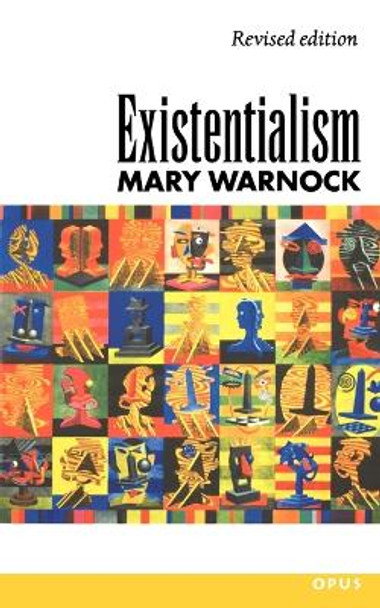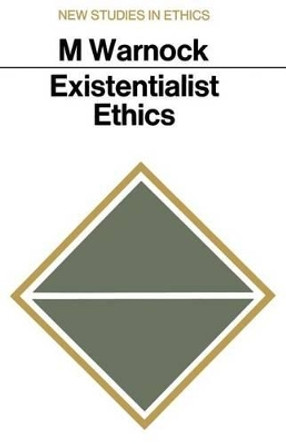Existentialism enjoyed great popularity in the 1940s and 1950s, and has probably had a greater impact upon literature than any other kind of philosophy. The common interest which unites Existentialist philosophers is their interest in human freedom. Readers of Existentialist philosophy are being asked, not merely to contemplate the nature of freedom, but to experience freedom, and to practise it. In this survey, Mary Warnock begins by considering the ethical origins of Existentialism, with particular reference to Kierkegaard and Nietzsche, and outlines the importance of a systematic account of man's connection with the world as expounded by Husserl. She discusses at length the common interests and ancestry of Existentialism in the works of Heidegger, Merleau-Ponty, and Sartre, and offers some conclusions about the current nature and future of this committed and practical philosophy. This revised edition includes a postscript reviewing the status of Existentialism in the 1990s, and has a thoroughly updated bibliography.
About the AuthorBaroness Warnock is a philosopher, broadcaster, and member of the House of Lords. She is currently a member of the Archbishop of Canterbury's Advance Group on Medical Ethics. She has writen a number of books including Ethics Since 1900 (3/e); Existentialist Ethics; Jean-Paul Sartre; Imagination; Schools of Thought; What Must We Teach?; A Question of Life; and The Uses of Philosophy.
Book InformationISBN 9780198880523
Author Mary WarnockFormat Paperback
Page Count 158
Imprint Oxford University PressPublisher Oxford University Press
Weight(grams) 136g
Dimensions(mm) 196mm * 129mm * 11mm






